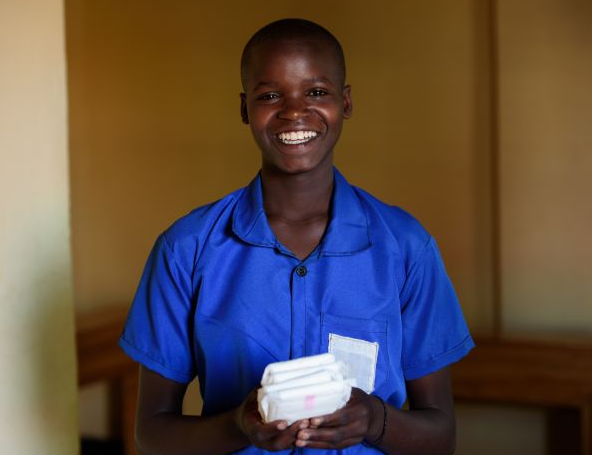Menstrual health isn’t just a WASH issue, urge experts

Last week at the UN’s High-Level Political Forum menstrual health received a spot light, despite not being included in the SDGs. The event highlighted how menstrual health cuts across health, sanitation, education and human rights issues.
The forum showcased 46 countries’ progress and shortcomings on achieving the SDGs.
Despite there being no comprehensive global research into menstruation recent studies have shown that it can interfere with education and that many women and girls in developing countries often go without adequate products, information and disposal systems.
Around the world 2.5 million people lack access to improved sanitation, with women and girls disproportionately affected.
Inga Winkler, Lecturer in Human Rights at Columbia University’s Department of Political Science, noted:
“What I see with the research is it is happening so quickly. It’s not there are no studies — [there are] studies that look at school attendance, health impacts. But when you look at it from a policy perspective, there is a tendency to generalise”
“The idea that 1 in 10 girls from Africa are dropping out of school — that is the evidence we do not have. There are studies that show linkages, but it is very complex”
Menstruation is not included in the framework of SDG6 (Clean Water and Sanitation for all) but is frequently discussed in the context of water, sanitation and hygiene. However, many experts recommend that it is recognised as more than just a WASH issue.
Lisa Schechtman, Director of Policy and Advocacy at WaterAid America commented:
“Menstrual health and hygiene is actually a sentinel issue, if we are looking at the integrated nature of the SDGs. There is no target or indicator for menstrual health within the SDGs, and right now, it is generally viewed as a Goal 6 problem”
“There is this emphasis on pads. Generally the development sector wants quick fixes and it seems so easy to give pads to girls and then have a solution to the problem, but the reality is so much more complex and without addressing that we will not see real change”
During the recent High-Level Political Forum two side events focused on menstrual health management and called for broader recognition of its challenges and the effects it has on women and girls.
Similarly, initiatives such as the First Regional Menstrual Health Symposium which took place in South Africa this May are emphasising the issue’s importance.
Join us for the 10th Anniversary AIDF Global Summit to discuss key topics on WaSH and human rights.
If you’d like to stay informed on the latest updates in aid and development, please sign up for the AIDF newsletter.
Image credit: ActionAid















